John Hurrell – 15 April, 2024
As the theme is about luck or coincidence—and that preoccupation fits into a loosely ‘modernist' contemporary art tradition aligned with Duchamp, Arp, Cage, Burroughs etc—there is little evidence of a South Pacific or indigenous sensibility that you might expect, only an over-riding Northern European one; necessary it could be argued to maintain a fluid and cohesive conversation, instead of presenting two clashing opposites at loggerheads and no point of connection.
Auckland
Denise Ziegler, Henna Riikka Halonen, Ilya Orlov, Katrina Beekhuis, Louise Menzies, Matthew Cowan, Matthew Galloway, Miklos Gaál, Mirimari Väyrynen, Paul Cullen, Roma Anderson, Sean Kerr, Yukari Kaihori
Eight Thousand Layers of Moments
Essay by Andrea Bell
15 March 2024 - 11 May 2024
‘You have to make your own luck in life.’ — Poppy, in Mike Leigh’s 2008 film, Happy-Go-Lucky.
This exhibition at Gus Fisher is a Finnish/New Zealand collaboration between doctoral students and alumni from the Academy of Fine Arts, Uniarts Helsinki, and Elam School of Fine Arts at Waipapa Taumata Rau | The University of Auckland. Its aim is to examine the incorporation of the element of chance, and to ponder its ramifications.
The cross-cultural partnership is clearly successful, a wonderfully engrossing presentation that explores the benefits for artists of fortuitous interactions or processes within their practices. Plus for regular gallery-goers who live in Auckland, the presence of a large body of Finnish work is an unusual treat. And gracious, light-hearted humour pervades through-out-in both camps.
As the theme is about luck or coincidence—and that preoccupation fits into a loosely ‘modernist’ contemporary art tradition aligned with Duchamp, Arp, Cage, Burroughs etc—there is little evidence of a South Pacific or indigenous sensibility that you might expect, only an over-riding Northern European one; necessary it could be argued to maintain a fluid and cohesive conversation, instead of presenting two clashing opposites at loggerheads and no point of connection.
A fascinating commissioned essay by Andrea Bell accompanies the take-away list of works and artist bios. Possibly an impactful artwork in itself, it looks at the important role of gambling in New Zealand culture (the psychology of Kiwis anticipating ‘good luck’), and in particular, its participation in the funding of the arts-the benefits of that—as well as obvious damage to various already fiscally deprived communities. It also points out the notion that your good luck is the result of somebody else’s misfortune, that overall one is balanced out by the other.
Four exemplary Finnish artists in this intrguing show are Henna Riikka Halonen, Ilya Orlov, Mirimari Väyrynen and Miklos Gaál.
In Henna Riikka Halonen‘s beautiful corner-screened film, CRYPTO, we are told about Finland’s lucrative goldmining industry, set against quotations of Edgar Allen Poe’s short story, The Gold Bug, and juxtaposed with shots of small gold metal-coloured scarab beetles. (They look like large bright-yellow ladybirds.) We are shown the orange-tinged landscape in the rocky foothills, and see trucks from the Orivesi gold mine, owned by the Dragon Mining Co., carting loads of scraped out ore, winding their way down snow-covered roads. The implication is that Finland is indeed lucky.
Ilya Orlov makes floor sculptures that are held vertically on the floor by large G-clamps which clasp together flat off-cuts donated by other artists. The clusters of wood, plastic, metal and board are surprisingly varied and delicate. Every ‘sandwich’ has a slight tilt, while the exposed stacked thin layers change in view as you move around. Brilliantly simple an idea, they are wonderfully complex to bodily experience.
Mirimari Väyrynen focusses on bad luck, caused by an evil eye. Glossy painted ‘wood-grain’ panels framed in reflector tape are talismans positioned jutting out from the wall at odd angles, so they sporadically catch the white light of a vertical LED tube that moves back and forth on a fan, emitting contagious ‘maleficence.’ It also seems a droll, very cynical, comment on the occasional inanity of the art world, and the way nutty ideas often catch on.
Miklos Gaál, like a number of artists, uses white-on-black text (in the influential visual style of Joseph Kosuth) to focus on the multi-layered ambiguity of language, using sequentially developing, dictionary definitions of the words ‘ha ha’ and ‘peculiar’, as applied to ‘funny’—and projecting them high on a darkened wall. And of course, the project itself is (perhaps inadvertently) self-referential, being funny ha ha and funny peculiar.
Five New Zealand artists also with outstanding comments on the theme are Matthew Cowan, Sean Kerr, the late Paul Cullen, Louise Menzies and Matthew Galloway.
Matthew Cowan is currently studying in Helsinki. He is the perfect artist for demonstrating that (as the show’s title implies) a single artwork can have 8,000 congruent layers that set it up, these multiple interlocking factors being massively varied. His wall installation, Planet of the Lucky Charms, incorporates an extraordinarily wide range of amulets, each with its own particular species of luck. Chimney sweeps are a favourite motif. Along with bits of wire brushes, we see a large German sci-fi film poster glued to the wall, a suspended bell and various pinned up buttons, keys and badges.
A freestanding figure sculpture from Cowan is also nearby, a wonderful mannequin covered with European butter wrappers that make up a garment, representing from Finnish folklore a farmer who is also a furtive milk and butter thief—in an effort to gain prosperity. He represents bad luck for his unlucky neighbours.
Paul Cullen‘s mutilated carpenter rules are drilled so full of differently sized holes that they look like Swiss cheese, becoming a droll mockery of standardisation and enforced uniformity. The added empty ‘cylinders of air’—scattered randomly amongst the disrupted measuring calibrations, yellow wooden strips and shiny brass hinges—pun on ‘vacuous’, a dada gesture of deconstruction, sneering at functionality.
Sean Kerr cleverly has made these varied circles into musical notes (with varied volume depths) on horizontal linear scores, turning his laptop into an aurally intriguing Mooglike instrument, an automaton where sound layers, pitches and sequences defy aesthetic anticipation. You are startled and soothed by the strange (occasionally abrupt) sonic juxtapositions.
In Just So You Know, one of three works on colourful square silk scarves, Louise Menzies has used for text an A1 language generating programme to pick out and shuffle what appear to be ingratiating lovey-dovey textual phrases and fawning phrasal structures, having a similar interest in ‘machinic’ programming as Kerr. In this suspended flimsy garment spread out on a red wooden stand, the mangled word order (and sickening spliced-in emojis) flow together in an entertaining fashion, with repeated cadences and abrupt shifts in emphasis—alternating with tightening or slackening of pruned away or piled up clichés.
Finally, graphic designer Matthew Galloway reminds us of a period in the late seventies-early eighties when, because of a world oil crisis, the National government promoted the notion of carless days, the car owner’s windshield sticker nominating a non-driving day where petrol usage was reduced. Along with the red square sticker, which encouraged sneaky backstreet detours away from police surveillance, the presence of encrusted lichen on Galloway’s salvaged windscreen becomes a metaphor for time and corrosion, and the reoccurring (in fact unfortunately permanent) nature of global and national ecological preoccupations.
Curiously Denise’s Ziegler‘s cutout hedgehog sculpture, Mecki the Traveller, (at the top of this article) isn’t so cute in modern Aotearoa, where they are seen as carnivorous, foolishly introduced, pests that voraciously devour indigenous wildlife. Originating in Europe from the Brothers Grimm as happy travellers who often brought luck, they are regarded here as a definite curse. Time, ecological awareness, and a different geography have flipped the card. The 8,000 layers of the show’s title have been reshuffled.
John Hurrell
The exhibition’s title comes from Celine Song’s 2023 film, Past Lives, while my review title comes from Bob Dylan’s 1965 song, It’s All Over Now, Baby Blue.
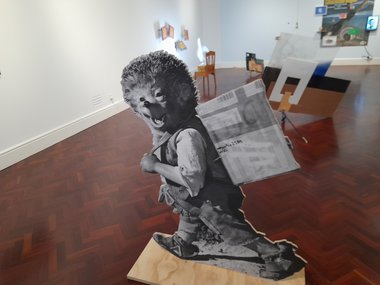
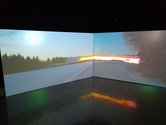
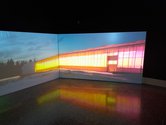
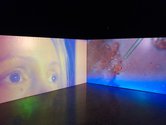
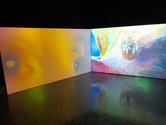
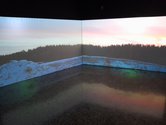
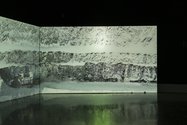
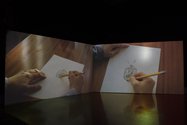
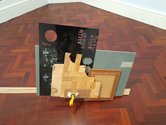
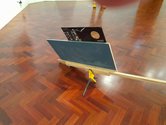
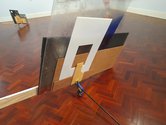
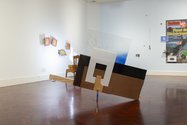
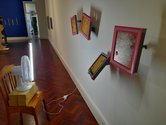
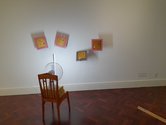
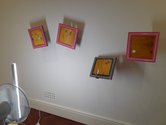
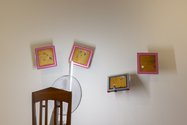
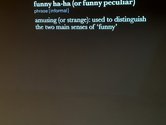
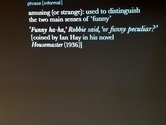
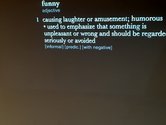
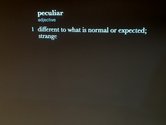
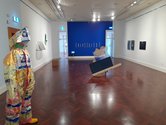
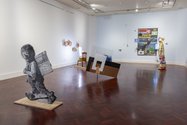
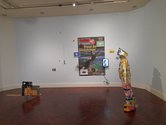
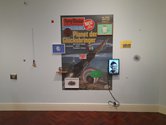
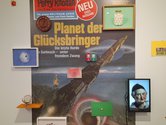
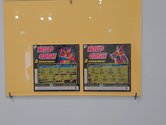
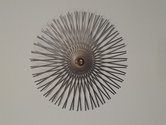
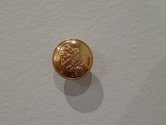
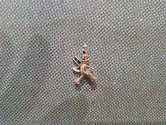
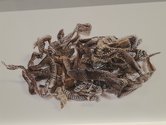
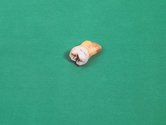
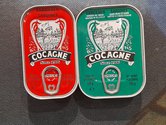
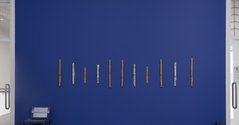


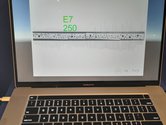
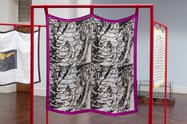
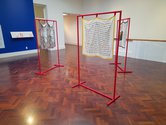
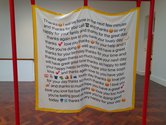
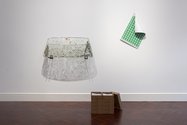
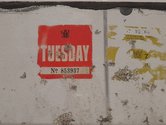
 Advertising in this column
Advertising in this column Two Rooms presents a program of residencies and projects
Two Rooms presents a program of residencies and projects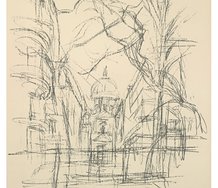
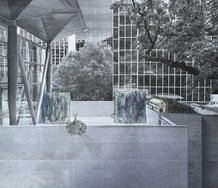
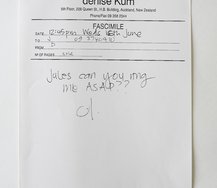
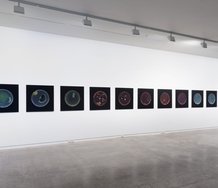
This Discussion has 0 comments.
Comment
Participate
Register to Participate.
Sign in
Sign in to an existing account.